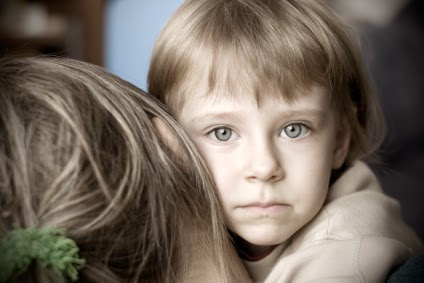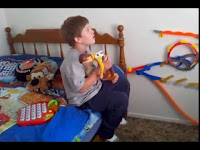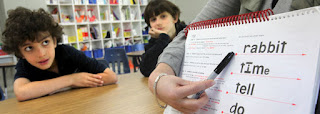Recently Diagnosed Children with High Functioning Autism: Parents’ Step-by-Step Intervention Plan

Your child has recently been diagnosed with high functioning autism (also called Asperger’s). You are relieved to know that there is a name for the odd twists and turns your child’s life has taken, yet you are also very concerned about how he or she is going to cope with this life-long disorder. Since you are new to this whole thing, you’re not sure where to start or how to best assist you child. That’s why we have created this step-by-step intervention plan below, to give you a concrete place to begin in helping your son or daughter to have the best possible outcome. Parents’ Step-by-Step Intervention Plan for Recently Diagnosed Children: 1. Take Care of Yourself-- The first step in helping your child has to be about YOU taking care of YOU. Many moms and dads of kids with high functioning autism and Asperger’s feel exhausted, overwhelmed, and sometimes defeated. They talk about difficulties in their marriage and other relationships. While there is no quick fix for resolving



